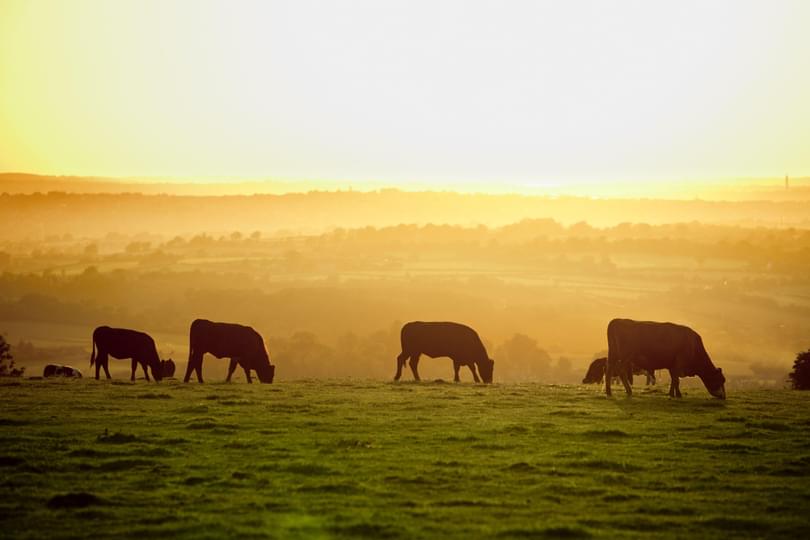
This event is taking place at COP24 in Katowice, Poland.
Speakers
"Agriculture in the transition to net zero - challenges and opportunities. Latest thinking towards New Zealand's Zero Carbon Act"
Hon James Shaw is the New Zealand Minister for Climate Change, Minister of Statistics, and Associate Minister of Finance. He was appointed Green Party co-leader in 2015, and prior to becoming an MP he worked with large, multinational companies, developing their sustainable business practices. His diverse business experience and expertise, from working for multinational corporates through to local start-ups and community organisations, motivates him to lead the Green Party and New Zealanders towards a high-tech post-carbon economy and society.
"The meaning of net zero for agriculture"
Michelle Cain is an Oxford Martin Fellow and Science and Policy Researcher on the Oxford Martin Programme on Climate Pollutants. Her work focuses on methane as a greenhouse gas, and she has recently published a briefing document and journal article on the misrepresentation of methane by climate emission metrics. Details can be found here: https://www.oxfordmartin.ox.ac.uk/research/programmes/pollutants/publications
"Achieving net zero"
Tim Kruger is a James Martin Fellow and Manager of the Geoengineering Programme at the Oxford Martin School. He leads a group across the university exploring proposed geoengineering techniques and the governance mechanisms required to ensure that any research in this field is undertaken in a responsible way. He is also a co-author of the Oxford Principles – a set of draft principles for the conduct of geoengineering research, which have been adopted as policy by the UK government.
Chair
Adrian Macey is an Adjunct Professor at the New Zealand Climate Change Research Institute (School of Geography and Earth Sciences) and Senior Associate of the Institute for Governance and Policy Studies (School of Government) of Victoria University of Wellington. He is Chair of the recently formed New Zealand Climate Forum.
Abstract
Methane, a greenhouse gas emitted in large quantities by ruminant livestock, causes strong short-term warming but does not accumulate in the atmosphere like carbon dioxide. Achieving “net-zero warming” rather than “net-zero emissions” therefore requires a focus on ambitious mitigation of long-term pollutants. This presentation will summarise recent advances in the measurement of the relative contributions to warming of short- and long-lived greenhouse gases and how this knowledge may support the development of effective mitigation policies.
In this context, the discussion will also present the interim results of the Greenhouse Gas Instruments and Policies (GRIP) project from the Institute for Science Innovation and Society at the University of Oxford. The GRIP project has undertaken over fifty hours of interviews with expert stakeholders (policymakers, politicians and representatives from academia, industry and civil society) in the United Kingdom on greenhouse gas removal, to better understand views on how policy should be developed to either restrict or incentivise proposed techniques to remove greenhouse gases from the atmosphere.
The side event will also discuss the importance of greenhouse gas metrics for national level emission accounting, in the context of the New Zealand Government’s proposed target of net-zero emissions by 2050. Under conventional metrics, emissions from agriculture make up around half of New Zealand’s total emissions. Despite this, the ‘biological emissions’ from agriculture – methane and nitrous oxide – have not been included in New Zealand’s emissions trading scheme or other measures, beyond reporting obligations. This presentation will outline some of the main policy challenges facing the agriculture sector, informed by the latest research on the measurement of the various greenhouse gases. A key component is how to differentiate between long and short-lived gases in policy and economic instruments.
The talks will be followed by a panel discussion with the speakers, who will be joined by agribusiness practitioner Roland Bonney, Co-Founder of Benchmark Holdings.